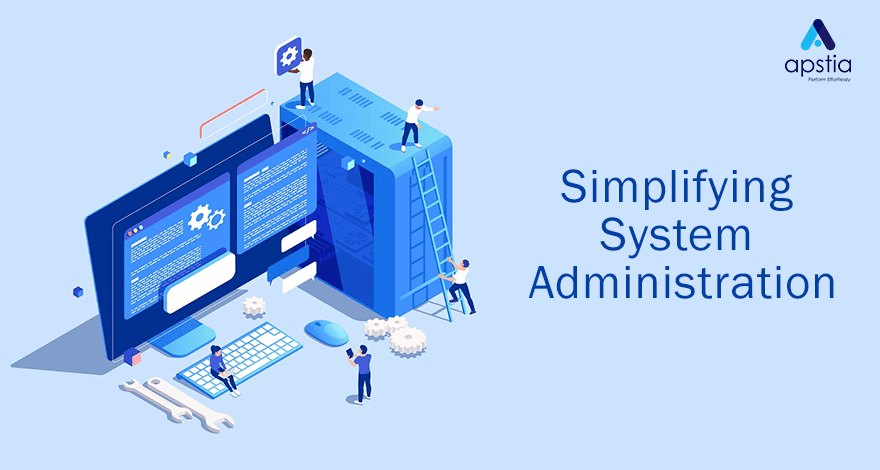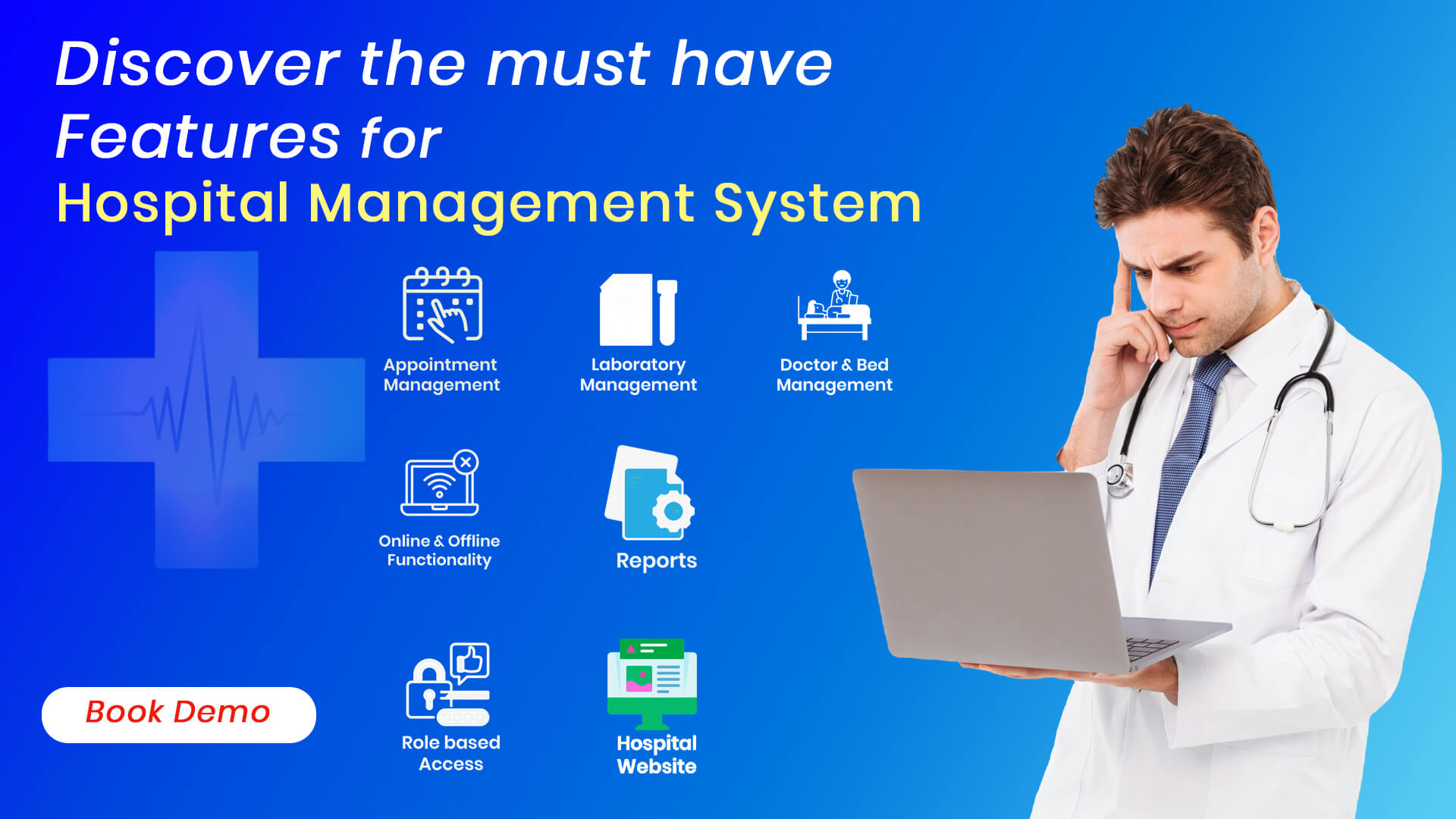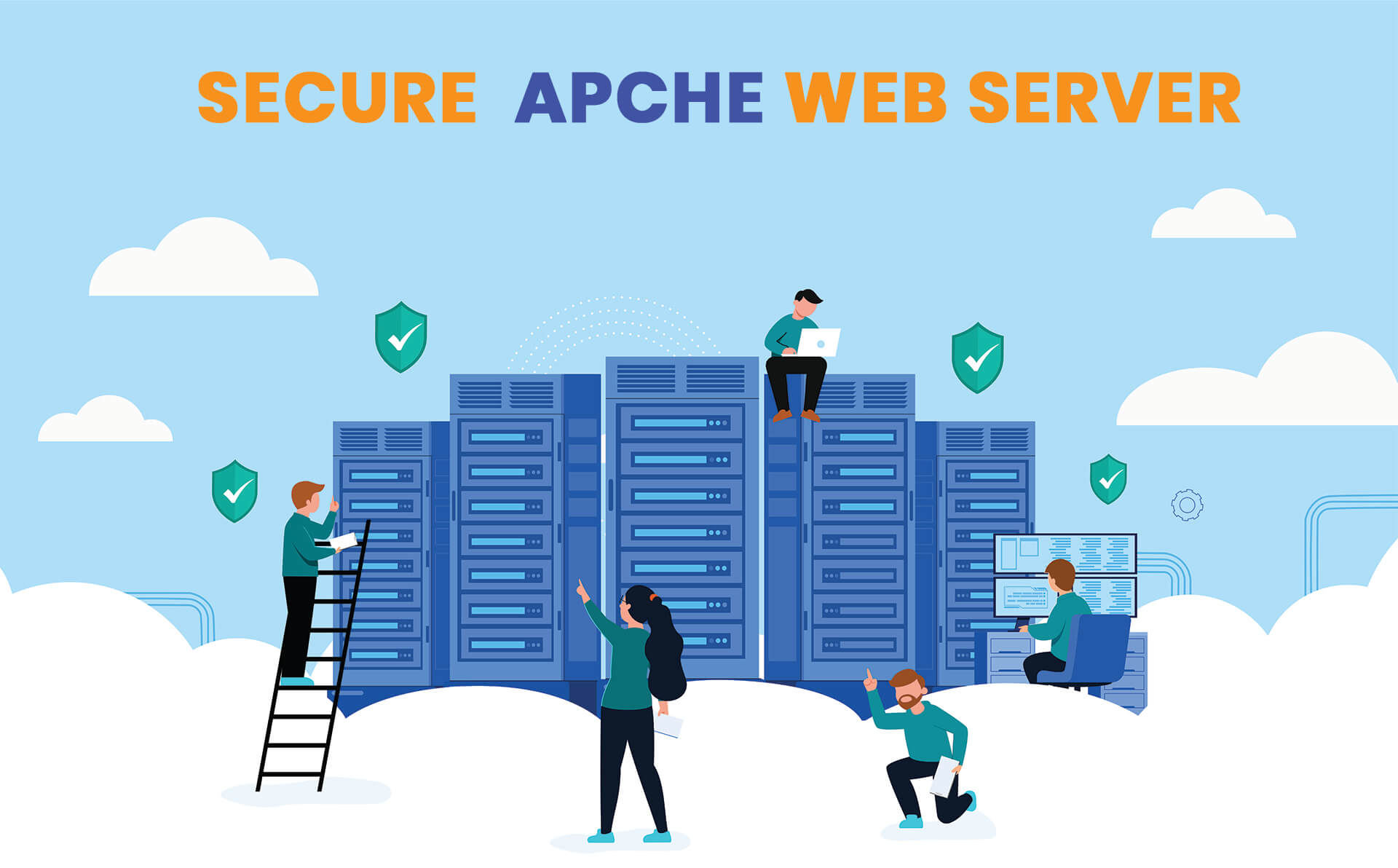Why Hospital Admins Are Switching to Smart Software in 2025
As we progress further in 2025, the health sector continues to evolve at a rapid rate. While medical technology tends to dominate all the headlines—robotic surgery, telemedicine, and AI-driven diagnostics—another subtle evolution is enhancing hospitals in the background.
That revolution? The increasing use of hospital administration cum management software.
From massive hospitals offering a broad scope of services to tiny community clinics, managers are moving towards better digital systems. It's not about storing patient information or managing staff schedules anymore—it's about making healthcare work better, more accurately, and more responsively. One significant part of this change is the growing use of electronic healthcare record software.
In this blog, we will look at why hospital managers are picking smart software in 2025, what features make these tools very important, and how they are changing the future of healthcare.
The Complex Hospital Administration World
Let's be honest—running a hospital is not for the faint of heart.
Hospital administrators do a lot of work to get done: managing staff, coordinating patient admission and discharge, handling billing and insurance claims, tracking inventory, making sure they are in compliance with laws, and processing lots of paperwork.
Amidst all that, there isn't much if any space to get things wrong by human beings—but as it happens, that is what paper systems and old spreadsheets allow. Missed appointments, incorrect billing, misplaced patient charts, and slow processing are not just a nuisance—these can be dangerous.
Hospital administration software for today's hospitals helps make everyday operations more convenient and efficient. Solutions like ACHS - Hospital Management System provide robust tools for patient registration, billing, inventory management, and seamless EHR integration, enabling hospitals to operate smoothly and focus more on patient care.
What is hospital administration / Management software?
Hospital administration software is an application that is used in the administration of the non-clinical aspects of a hospital. These aspects involve functions such as scheduling, admissions, billing, human resource management, inventory management, and communication.
But in 2025, such platforms are smarter. They are not merely administrative tools but strategic assets that enhance efficiency, transparency, and patient satisfaction.
Here's what's possible with hospital software today:
1. Automate the discharge and patient registration.
2. Manage physicians and nurses efficiently.
3. Manage insurance and billing claims.
4. Manage drug and equipment stock.
5. Produce real-time reports and analytics.
6. Maintain data compliance and audit readiness.
ACHS includes all these essential features, plus customizable modules tailored to hospital needs, ensuring scalability and ease of use.
When combined with electronic healthcare record software, these offerings give a complete 360° view of operational and clinical data, leading to smarter decision-making and better outcomes.
The Electronic Healthcare Record Software Role
No discussion of intelligent hospital software would be complete without mentioning electronic healthcare record software, or EHR software.
Those are the days of searching through stacks of dusty paper records or attempting to decipher a doctor's handwriting. In 2025, electronic records are not an option—they are required.
What EHR Software Does:
-Stores the complete history of a patient electronically.
-Tracks records in real time during consultations or treatments.
-Facilitates sharing of information between departments or hospitals.
-Functions with diagnostic equipment and lab results.
-Makes diagnosis and prescription more specific.
-Improves data safety and follows privacy rules.
When hospital administrators implement electronic health record software alongside hospital management software like ACHS, they create an integrated digital environment where patient care and administration coalesce.
Why Are Hospital Admins Making the Switch in 2025?
The transition to smart software was not immediate. In 2025, various trends are compelling administrators to adopt cutting-edge solutions at a pace never before seen:
Increased Regulatory Pressure
Governments and health organizations want improved compliance, transparency, and electronic records. Hospitals that remain on paper or outdated computer systems may be fined or have inspections fail.
Increased Patient Expectations
Patients nowadays desire fast and technologically sophisticated experiences. They desire online scheduling, online payments, and immediate access to their medical history. Hospital software facilitates all this and more.
Staff Shortages
Since healthcare staff shortages are a worldwide problem, hospitals need to find means of accomplishing more with less. Automation of hospital administration software decreases administrative workloads for staff, thus enabling them to spend more time on patient care.
Data-Driven Decisions
With intelligent software, hospital administrators are able to have real-time data analysis at hand. This assists in the identification of bottlenecks, tracking department efficiency, tracking revenue, and patient volume forecasting.
Utilizing Remote and Telehealth Services
Post-COVID, telemedicine is here to stay. Hospital software now accommodates video calls, online sharing of records, and monitoring patients remotely—all from the same screen.
Actual Benefits Hospital Administrators Are Enjoying
Here are some real benefits hospitals claimed to have gained after adopting smart software in 2025:
40% fewer errors in administration:
-Automation eliminates most manual data entry and redundant records, greatly reducing human error.
50% Accelerated Billing and Claims Settlement:
-Electronic billing directly interacts with insurance networks to facilitate quicker approvals and reimbursements.
Improved Audit and Compliance Readiness:
-With centralized records and electronic tracks, hospitals can answer an audit or regulatory inspection in minutes, not days.
Higher Patient Satisfaction:
-Patients are more empowered and looked after, thanks to shorter waiting times and online portals to access their health records.
Hospitals using ACHS have reported up to 40% fewer administrative errors and significantly accelerated billing processes, demonstrating the impact of intelligent software adoption.
Choosing the Right Software: What to Look For
If you are a hospital administrator likely to upgrade in 2025, these are key features to pay attention to:
1. EHR integration helps create a single view of clinical and administrative data.
2. Cloud-based remote access allowing employees to work remotely.
3. User-friendly interface to reduce training time for employees.
4. Capability of expanding with your hospital's requirements.
5. Modules for billing, HR, inventory, etc., are customizable.
Make sure the hospital administration/ Managemetn software you select is compatible with advanced electronic healthcare record software like ACHS. This will allow you to use your computer system to its full potential.
The future is intelligent, and it starts today.
By 2025, hospital executives aren't just seeking digital solutions—complete solutions that enable their employees, drive better patient care, and prepare their hospitals for tomorrow. Intelligent hospital management software and good electronic health record software are now strategic investments—they're strategic necessities. The hospitals that change will thrive. They will save money, time, and most of all, deliver improved care. Those who hesitate can be left behind in a rapidly changing healthcare landscape.
Final Thoughts
The globe is different now—and so is medicine. 2025 hospital administrators will have to do more with less dollars, more regulations, and heightened patient expectations. The answer is to use intelligent, networked applications that simplify operations and enhance the quality of care. If your hospital is still relying on spreadsheets, paper charts, or stand-alone systems, it's time to make the switch. Hospital administration's future is not only digital—it's intelligent, connected, and unstoppable.
To explore how ACHS - Hospital Management System can transform your hospital’s administration and patient care, visit Apstia Care Hospital Suite .






